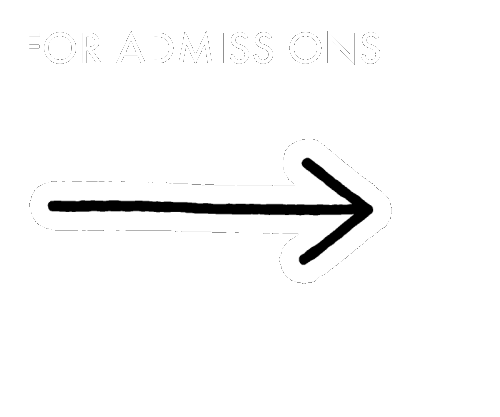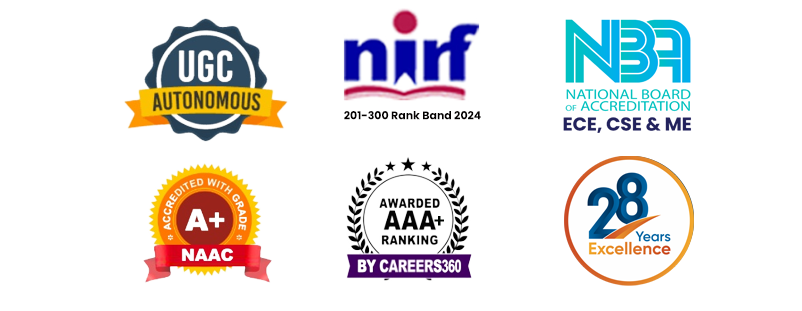DEPARTMENT OF ELECTRONICS AND COMMUNICATION ENGINEERING
DETAILS OF PROFESSIONAL BODIES
PROFESSIONAL SOCIETIES & CHAPTERS
The department of Electronics
and Communication Engineering is
working closely with the following professional bodies:
|
S.No |
Name of the Professional Society/ Chapters |
Professional Society ID |
Year of Establishment |
Logo |
No. of Active Members |
|
1 |
Institute of Electrical and Electronics Engineers (IEEE) –
1. Industrial Electronics Society 2. Women In Engineering Affinity group 3.Signal Processing Society 4.Comminication Society 5. Education Society |
STB61021 |
2018 |
 |
69 |
|
2 |
Institution of Electronics and Telecommunication Engineers (IETE) |
— |
2017 |
 |
162 |
|
3 |
Indian Society for Technical Education (ISTE) |
IM 1641 |
2008 |
 |
472 |



Significance of Professional bodies:
1. Professional Development
- Skill Enhancement: Provide workshops, training, and certifications that build both technical and soft skills.
- Industry Trends: Help students stay updated with the latest technologies and practices in engineering.
- Professional Ethics: Promote understanding of ethical practices and responsibilities in engineering.
2. Networking Opportunities
- Connections: Facilitate interaction with professionals, academics, and fellow students.
- Mentorship: Enable access to mentors and guidance from experienced engineers.
- Events: Conferences, seminars, and symposiums offer platforms for knowledge exchange.
3. Career Advancement
- Internships & Jobs: Many professional bodies have career portals or partnerships that help students find opportunities.
- Recognition: Membership adds value to a resume and shows commitment to the profession.
- Graduate Pathways: Support with transitioning from student to professional membership, helping with licensing or chartership.
4. Academic Support
- Resources: Access to journals, research papers, e-learning modules, and libraries.
- Scholarships and Grants: Some bodies offer funding for outstanding students or research projects.
- Project Guidance: Help in aligning academic projects with real-world problems and standards.
5. Leadership and Extracurricular Activities
- Student Chapters: Offer leadership roles that build teamwork, planning, and communication skills.
- Competitions: Encourage participation in technical contests (e.g., robotics, coding, design challenges).
The activities organized by the professional bodies:
Ø Workshops & Training Programs
Ø Technical Seminars / Guest Lectures
Ø Hands-on Projects Expo’s / Hackathons
Ø Paper Presentation Contests
Ø Technical Quizzes
Ø Industrial Visits/Field Trips
Ø Technical Support for Rural/School Projects
Ø Volunteering in Tech Events
Ø Fun and competitive activities to test both subject and general skills





